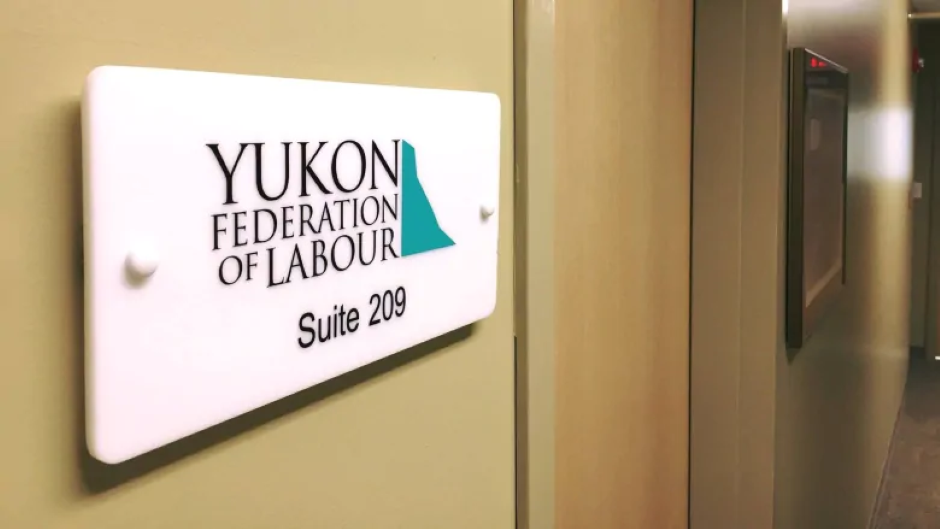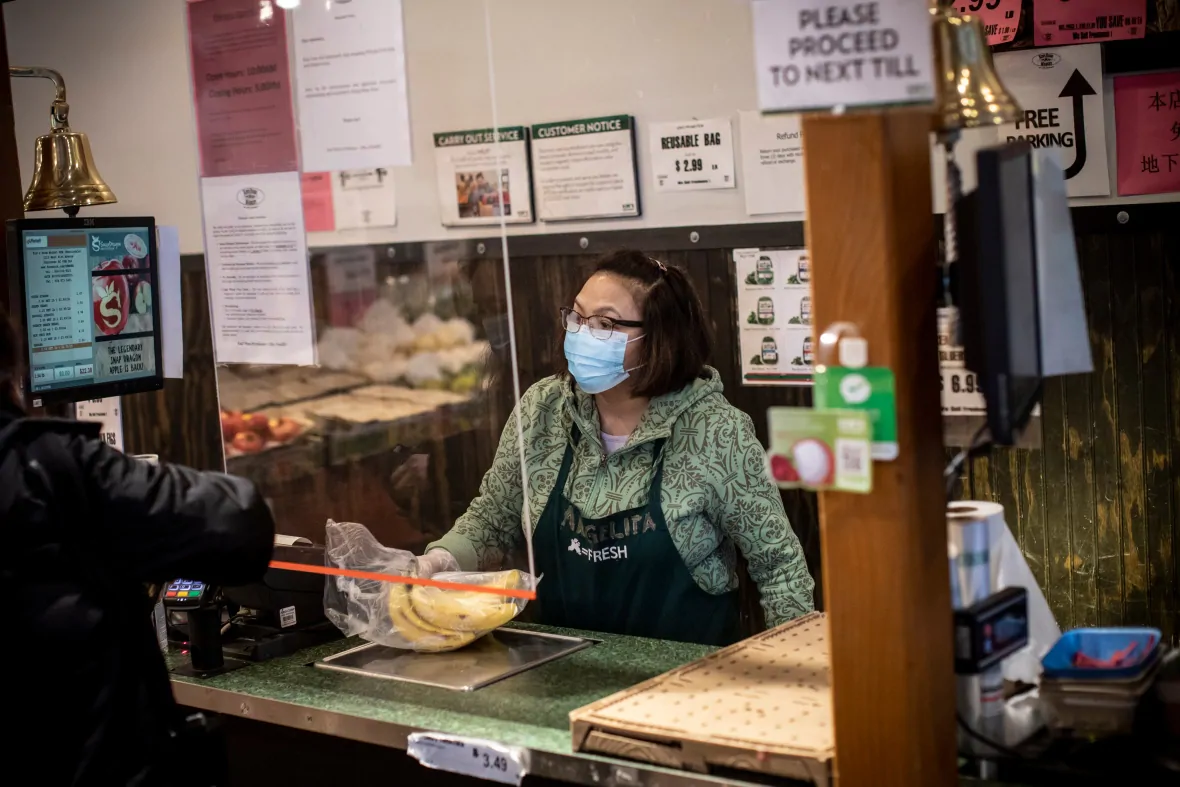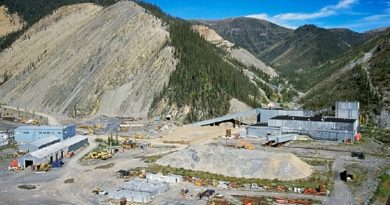After 40 years, here’s what Canadian northern labour leaders are still fighting for

Canada’s two northernmost labour federations both celebrate 40 years since their founding this year.
Understandably, celebrations have been muted — but their leaders took the occasion to reflect on their place in society and their priorities in the year to come.
Unlike large trade unions like the Union of Northern Workers or United Food Workers, labour federations represent both unionized and non-unionized workers in the territory.
In the Northwest Territories and Nunavut, the federation has about 10,000 affiliated members, and in Yukon, roughly 6,000. But both presidents say they worked on behalf of all workers.
Higher minimum wage a top priority
David Bob, president of the Northern Territories Federation of Labour representing workers in the N.W.T. and Nunavut, agreed that the pandemic has “brought a lot of workers’ issues more to the forefront.”
Bob said the main issue he would like to see addressed is the territory’s minimum wage. The territory introduced a program subsidizing a minimum wage of $18 per hour, but the program expires Oct. 3.
Bob says the higher cost of living has always made a minimum wage close to those down south inadequate for northern workers.
Recently, his federation participated in a roundtable with representatives from the Yellowknife Chamber of Commerce and the N.W.T. government to draft a proposal on the minimum wage that he says will be “going before government very soon.”

Bob also said his federation is keeping an eye on workplace safety as offices reopen, and on making sure workers aren’t subjected to “information overload” as a result of the move to working from home.
He is also mindful of the disparity between unionized and non-unionized workers in the territory.
In the N.W.T., those workers that aren’t unionized are more likely to be temporary foreign workers or permanent residents, putting them in a more precarious position.
“Make them permanent residents, since businesses have already established that the need is there,” he said.
Making pandemic measures permanent
Rousseau, with Yukon’s federation, agrees that immigration is one of the biggest issues at the root of Canada’s labour relations.
“You come here to work, you should be protected by the law, and be included inside the health-care system, not have to wait for three months,” he said.
Rousseau is also working to ensure positive changes resulting from the pandemic are made permanent, or at least improve on previous systems.
Ensuring paid sick leave and a safe work environment for all workers will be the main focus of their advocacy work as COVID-19 restrictions wind down, he said.
Rousseau says it hasn’t been easy to keep spreading the word about the federation’s work with May Day and Labour Day celebrations limited by the pandemic.
But he says, in the end, their message is simple.
“Together we’re much stronger than one person,” he said. “If we stand together, we can make a difference.”
Related stories around the North:
Canada: Meet 3 Indigenous health-care workers helping keep Canadian Northern communities safe, CBC News
Finland: Psychologists in Finland sign climate petition, citing concerns for youth mental health, Yle News
Russia: Almost 2,000 workers have contracted COVID-19 at this Russian Arctic construction site, The Independent Barents Observer
Sweden: Sweden’s Arctic : Earthquake rattles workers inside Arctic iron mine, Radio Sweden
United States: Alaska capital budget vetoes to hit homelessness, addiction treatment, Alaska Public Media



